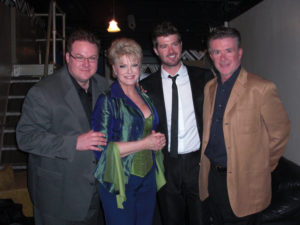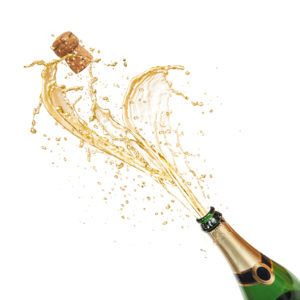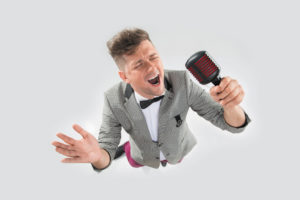We begin this new year as we always do—with a choice of expectations. many tend to look back and put all their chips in that basket, believing future outcomes will be based upon what took place in the prior year. While this approach is valid to a degree, we ought to apportion it less significance than we do; as personal development guru Anthony Robbins reminds us: “The past does not equal the future.” Indeed, one advantage of having lived a while is being able to compare the present to the past and know that Robbins has it right; it’s what enables one to comfortably laugh at those comic strips showing a guy with a long, scraggly beard holding a sign that reads, “The End is Near.”
 With that in mind, and in deference to those feeling “less than enthusiastic” about the future because of the turmoil during the past one or several years, I say: Don’t worry so much because things will likely turn out much better than you are expecting. I can say this because I remember the circumstances and mood in America during the late 1970s and the transition that followed, and it seems to me that the anxiety felt by roughly half the nation today is much as it was immediately before and shortly after the presidential election of 1980.
With that in mind, and in deference to those feeling “less than enthusiastic” about the future because of the turmoil during the past one or several years, I say: Don’t worry so much because things will likely turn out much better than you are expecting. I can say this because I remember the circumstances and mood in America during the late 1970s and the transition that followed, and it seems to me that the anxiety felt by roughly half the nation today is much as it was immediately before and shortly after the presidential election of 1980.
During much of the 1970s our problems seemed dire and many Americans thought we had little to look forward to. For starters, there was a recession. It was called “the worst economy since the Great Depression.” Sound familiar? We had rampant inflation, sky-high interest rates, and a collapsing stock market. Our supply of energy seemed doomed. Gas prices soared as it became such a scarce commodity that rationing was imposed along with a mandated national speed limit of 55 mph intended to “save fuel.” In some areas around the country, Christmas lights were prohibited in order to trim energy use.
And terrorism didn’t start on 9/11 either, as the Middle East was a cauldron of conflict throughout the 1970s. Airplane hijacking was an ongoing problem and in 1979, America suffered the ultimate humiliation as sixty-six American diplomats and citizens at the American Embassy in Tehran were taken hostage. Fifty-six remained as prisoners for 444 days.
Prior to the 1980 election, these problems served as the backdrop for pundits and many Americans who worried that Ronald Reagan would sink America into an abyss and start World War III, should he win.
Of course he did win, and what appeared then to many as “hopeless” soon became what most historians today consider a period of robust prosperity and unrivaled progress in America. And instead of causing World War III, Reagan ushered in the collapsed of the Soviet Union and the dismantling of the Berlin Wall.
There are striking similarities between then and now, and while nothing is ever certain, we need to know that 2016 is no predictor of 2017. We have every reason to be optimistic about the year ahead.
The past does not equal the future.




